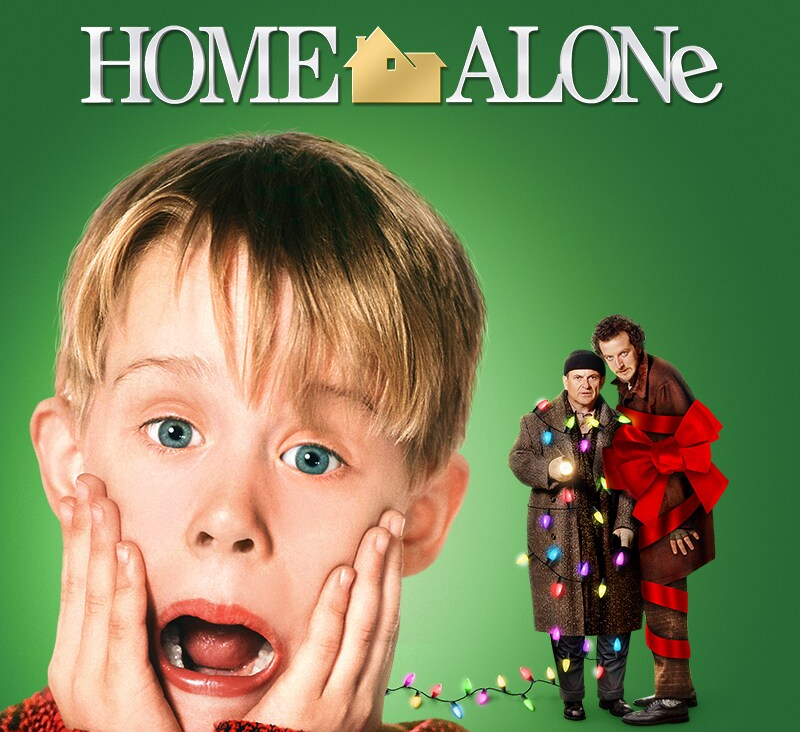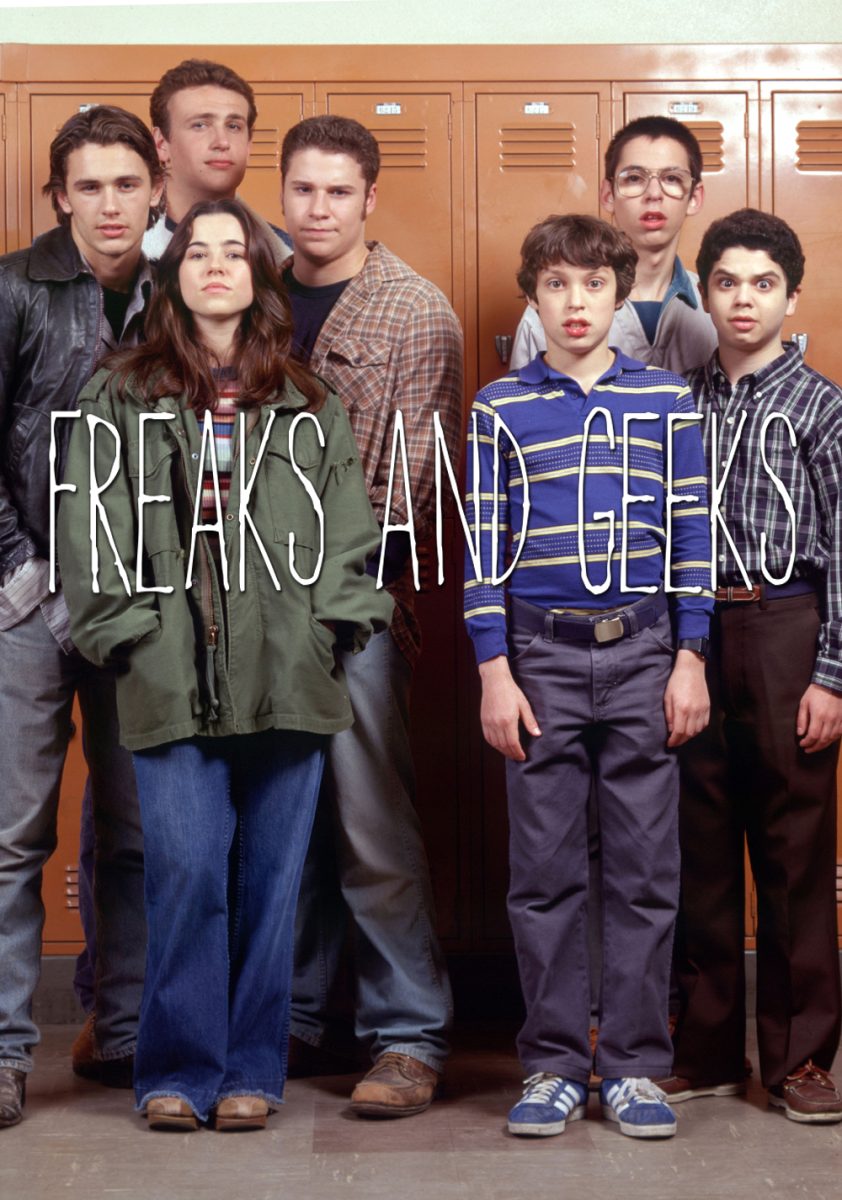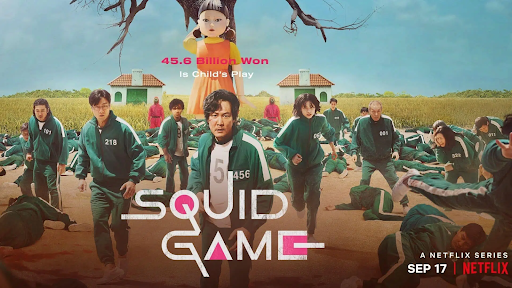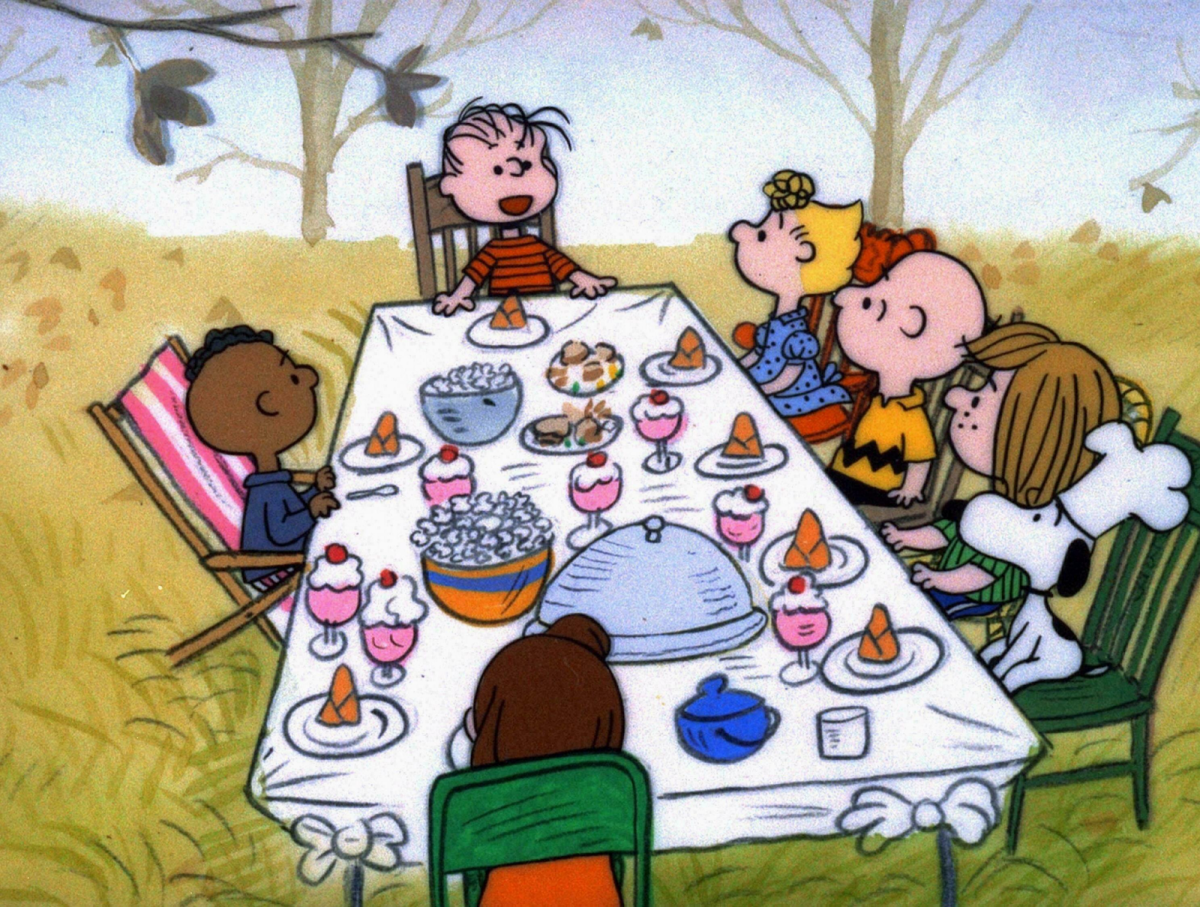One of the newest hit series “Squid Game” has broken records since it was first released on September 17th, 2021. The megahit show has taken the #1 spot on Netflix’s top charts in almost 90 countries, and according to Netflix chief Ted Sarandos, it is “on track to become Netflix’s most watched series ever,” (Sarandos). Until now, it had been uncommon for non-English-language shows to appear on the top charts of other countries, so this achievement is highly commended for the South Korean series. “Squid Game” revolves around economic despair, pitting four hundred and fifty six indebted players against each other throughout six deadly versions of Korean childrens’ games. As the show progresses, the true colors of these characters are revealed as they battle their way to the top, seeking the cash prize that will be awarded to a singular victor (Forbes).

Many viewers have remarked on the show’s reflection of South Korean society, especially through the protagonist of the series, Gi-hun. Impoverished and desperate, Gi-hun represents the increasing rate of the nation’s household debt, which now comes close to exceeding the GDP of South Korea. The other characters battle their own realistic situations; an ill man who is a victim of elderly poverty, a young girl who is a North Korean refugee, and a poor worker taken advantage of as an undocumented immigrant from Pakistan. The show reflects real issues in the country, and many are using the show to voice their own opinions about the portrayal of these realistic problems. Some have even said that “Squid Game ” is comparable to movies like “The Hunger Games” and Academy Award winner “Parasite” in this manner (Washington Post).
Although the show has a 91% rating on Rotten Tomatoes and an 8.3/10 rating on IMDb, the main critique voiced by reviewers is the lack of adequate subtitles for non-Korean speaking viewers. Many viewers who are fluent in Korean have expressed that the show lost value when converted, as much of the dialogue was poorly translated from Korean to English. One advocate in particular decided to voice these complaints on Twitter soon after the show aired. Youngmi Mayer, a Korean American Comedian, stated that the “Translation was so bad. The dialogue was written so well and zero of it was preserved. Such a shame. Translation is extremely important.” She continued to explain an important scene in which the character Han Mi-nyeo states “I am very smart- I just never got a chance to study,” but Netflix’s subtitles read “I’m not a genius, but I can work it out.” Mayer points out this discrepancy and how even this one instance affects the portrayal of a character and the audience’s interpretation of the show (Mirror).
Though the show is not for the faint of heart, I personally enjoyed “Squid Game” and found myself at the edge of my seat more than once. The well-developed back stories and interesting sub-plots made for a wild ride, and I would suggest this show to almost anyone (over a certain age). The message of the show runs much deeper than rich and poor or good and evil, as desperation and socioeconomic malaise are the true culprits among the players. “Squid Game” highlights the shortcomings of human nature, as players turn on those they once had seemingly strong alliances with, making for a heart wrenching series. More than one episode ends on a cliffhanger, so make sure you are prepared to binge!































